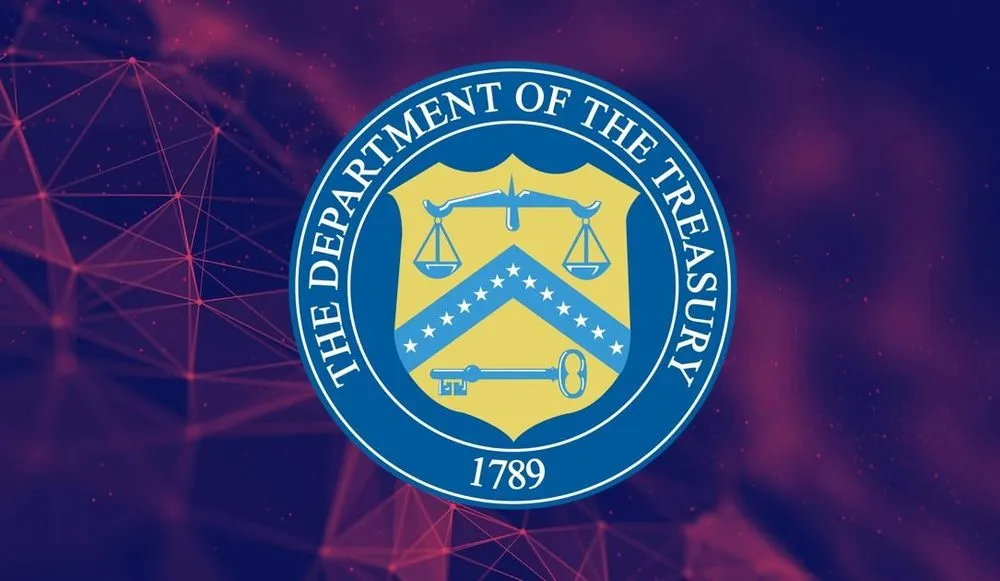Alleged ISIS cyber work prompts US sanctions on two Egyptian nationals
The U.S. Treasury Department sanctioned two Egyptian nationals for their work allegedly training members of ISIS on cybersecurity and facilitating overseas funding efforts for the group.
On Tuesday, the department said Mu’min Al-Mawji Mahmud Salim and his partner Sarah Jamal Muhammad Al-Sayyid are behind Electronic Horizons Foundation (EHF) — a platform the U.S. believes is affiliated with ISIS, the militant group also known as the Islamic State of Iraq and Syria.
EHF provides cybersecurity “guidance and training to ISIS supporters seeking to evade law enforcement scrutiny of their online activities.”
In a statement, the Treasury said Mu’min Al-Mawji “has provided technical support on computer applications to ISIS leadership and shared cryptocurrency expertise and instruction with ISIS supporters, including posting a tutorial on the EHF website that provided specific instructions on donating funds to ISIS-affiliated entities.”
“Mu’min Al-Mawji also established an ISIS-affiliated media outlet to create and distribute ISIS propaganda calling for violence against the West,” U.S. officials said.
Sarah Jamal is accused of helping Mu’min Al-Mawji establish the platform, recruit ISIS members to join EHF and obtain “web servers to host ISIS platforms on behalf of EHF.” She also allegedly provided logistical support and guidance around cryptocurrency use.
Faruk Guzel — a Turkish national — also was sanctioned for receiving multiple money transfers meant for ISIS affiliates in Syria in 2020.
“Today’s actions disrupt ISIS’s ability to move funds, including through the use of cryptocurrency, and leverage its online presence to recruit and promote its terrorist ideology,” said Brian Nelson, undersecretary of the Treasury for terrorism and financial intelligence.
“Together with our international partners in the Counter ISIS Finance Group, the United States is committed to combatting ISIS’s evolving financial methods to deny ISIS access to the global financial system,” Nelson said.
U.S. citizens and entities are banned from dealing with the three and any property the individuals own in the U.S. must be reported to law enforcement.
Mu’min Al-Mawji and Sarah Jamal as well as EHF have long been on the radar of law enforcement agencies in the U.S. The FBI is offering $20,000 for information on the whereabouts of the two.
EHF has existed since 2016, providing information for ISIS members on how to use VPNs and other tools to hide their existence online.
The U.S. Justice Department seized millions of dollars, over 300 cryptocurrency accounts, four websites and four Facebook pages all related to ISIS in 2020.
Jonathan Greig
is a Breaking News Reporter at Recorded Future News. Jonathan has worked across the globe as a journalist since 2014. Before moving back to New York City, he worked for news outlets in South Africa, Jordan and Cambodia. He previously covered cybersecurity at ZDNet and TechRepublic.



